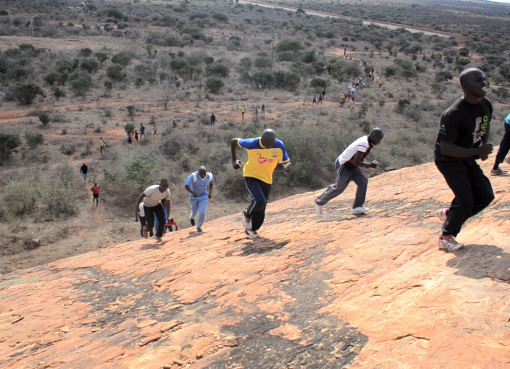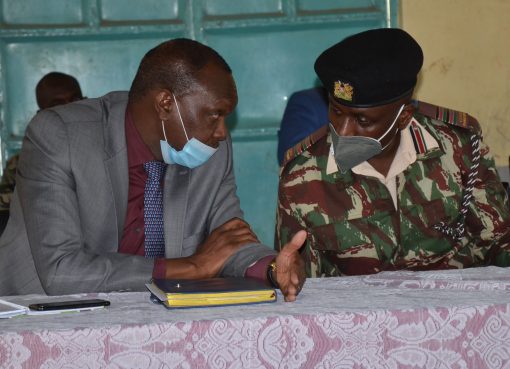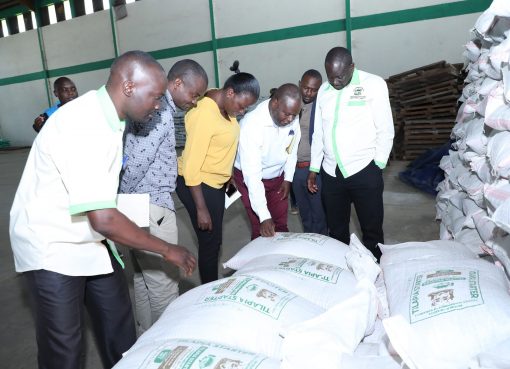
A centre catering for orphans in Kakamega County is transforming the lives of beneficiaries in a big way.
The centre, Mission for the Fatherless is which is domiciled in Maraba estate, Kakamega town has grown in leaps and bounds.
The centre which was founded in 1993 by Herbert Veith begun with four children for whom a room was rented at Kakamega Primary School to accommodate them.
This same room was used as a classroom during the day and converted into a dormitory at night.
Herbert Veith who had come into this town as a tourist from America, accompanied by his wife, Virginia, while on vacation, gradually developed the idea of starting a centre for the street children in Kenya.
The idea was borne after he and his wife saw street children in Kakamega town and being their first time seeing such children, the sight of the children touched them.
According to Brian Mung’asia who is the director of the centre, the couple opted to rent the room at the school and provide shelter for the children. But “their children” turned on them as they stole from the care givers and returned to the streets making the couple disillusioned.
The couple did not throw in the towel, they returned a year later and entrusted the home to a Mr. Smith, a Kenyan, says Mung’asia who was brought up at the home after being orphaned in 1993.
Mung’asia says that they take in orphans, street children, destitute and those who have suffered all forms of abuse.
“Our centre which we call home can accommodate up to 100 children but we currently have 43 children of whom 23 are boys and 20 girls who are aged between 3 and 18 years old”, Mung’asia says.
The director notes that scores of children are beneficiaries of this centre as it is from here that they went through Kakamega primary school before joining various secondary schools and added that 12 are professionals after graduating from various universities in the country.
He discloses that the centre also plays host to street children every Saturday when they are treated to meals, given clothes and allowed to shower in their bathrooms before deciding to either return to the streets or stay.
The decision is made by the individual children who visit the centre on the weekends, says Mung’asia.
He points out that it is usually not easy for them to abandon street life, adding that those taken in are monitored closely at a separate centre, four kilometres away, called Handidi, along the Kakamega-Webuye road.
He says that they cannot mix the two groups of children because those from the streets could influence the rest negatively since the former take time to reform.
Apart from this, the background of the majority is unknown since some of them are brought in by the police who promise to follow up on their identification but do not do so and no parent usually turns up even after a child has reformed, he says.
“In fact there are those who leave children who seem to be dying at our gate so that they may be taken in”.
Besides these abandoned cases, there are those living with HIV/AIDS but they are ignorant of their status hence tests for the disease have to be conducted on each of the children and counsellors engaged for them before medication commences.
This year eight of the children from the streets will complete high school while several others are to graduate from Machakos and Daystar Universities.
Mission for the Fatherless shall be re-christened, Herbert Veith, in remembrance of the founder who died in 2014.
“We saw the best way to remember him is to get to name the facility after him”, Mr. Mung’asia says.
They are looking up to raising the kids in the ways of God and ensuring that each child has a personal relationship with God.
By Bantaleo Muhindi




